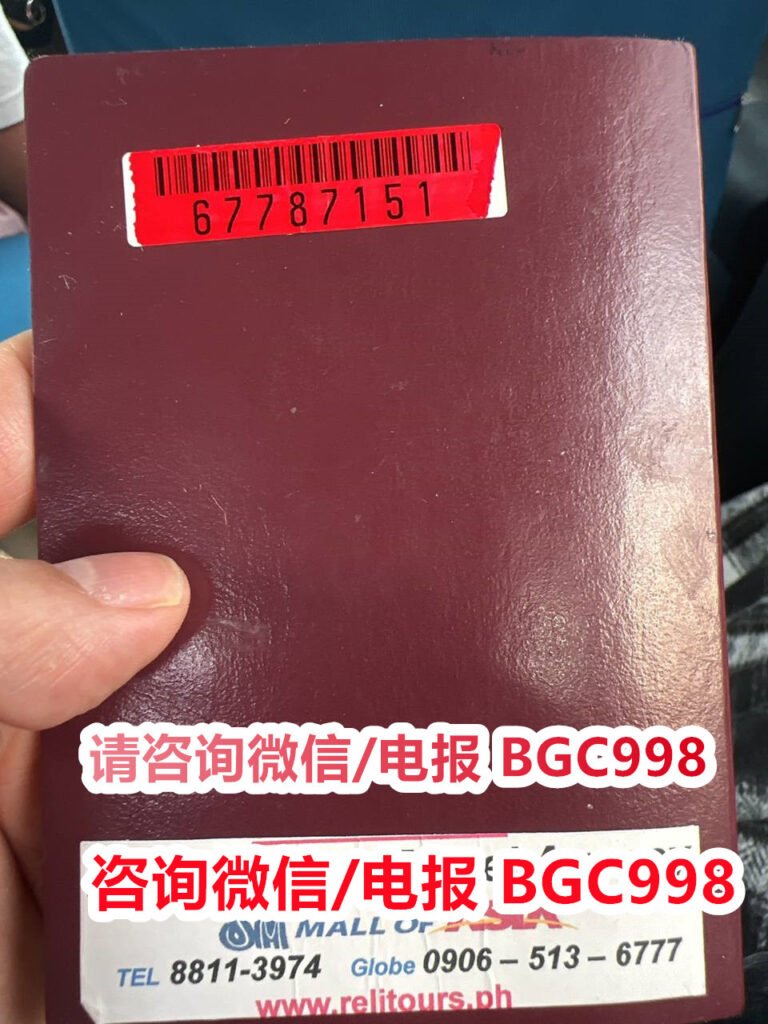Can a Philippines marriage visa (13A) holder retire comfortably in the country?

Can a Philippines marriage visa (13A) holder retire comfortably in the country?
Yes, many foreign spouses holding a Philippines marriage visa (13A) choose to retire in the country because it provides permanent residency, removing the need for constant visa renewals. The Philippines offers a relatively low cost of living, affordable healthcare, and strong family support networks, which make retirement practical and enjoyable. Retirees with a 13A visa can live close to their spouse’s family, access PhilHealth insurance, and even purchase condominiums or lease land for long-term use. Unlike temporary visas, the 13A provides lifelong security, which is crucial for planning finances, housing, and healthcare in retirement. Additionally, retirees enjoy the cultural warmth of the Philippines, where family values are strong and communities are welcoming to foreigners married to locals. This combination of legal stability and affordable living makes the Philippines one of the most retirement-friendly countries in Southeast Asia for foreign spouses.
Can a Philippines marriage visa (13A) holder buy a retirement home?
Yes, while foreigners are restricted from owning land in the Philippines, a 13A marriage visa holder can legally buy a condominium unit or lease land for up to 50 years, renewable for another 25 years. This allows them to build or secure a retirement home while ensuring long-term residence stability. Many foreign retirees purchase condominiums in urban areas or lease land in rural provinces to build houses close to their spouse’s family. Having a permanent residency visa makes banks more willing to approve housing loans, and it provides confidence for long-term real estate investments. Although direct land ownership is limited, careful planning with the Filipino spouse ensures property security for retirement. This is one of the key reasons why the 13A is considered a strong legal foundation for couples who want to establish their permanent family home in the Philippines.
Can a Philippines marriage visa (13A) holder invest in local businesses for retirement income?
Yes, one of the benefits of holding a Philippines marriage visa (13A) is the ability to legally engage in business activities, which can provide a steady income during retirement. While certain industries remain restricted to Filipino citizens, there are many areas where foreigners can invest, particularly if they partner with their Filipino spouse. For example, small businesses such as restaurants, retail shops, or tourism services are common choices. The permanent residency provided by the 13A visa reassures business partners, banks, and government offices that the foreign spouse is legally entitled to operate in the country. This stability allows retirees to supplement pensions with business income, making retirement more comfortable and financially secure. Many foreigners find that starting a small business not only generates income but also helps them integrate into the community and remain active during retirement.

Can a Philippines marriage visa (13A) holder receive pension benefits from abroad while living in the Philippines?
Yes, many 13A visa holders retire in the Philippines while receiving pensions from their home countries. Most international pension systems allow direct deposit to local Philippine bank accounts, which the foreign spouse can open easily with their ACR I-Card. Some also maintain accounts abroad and transfer money via remittance services. The advantage of retiring in the Philippines with a 13A visa is the lower cost of living, which means pensions stretch further for housing, healthcare, and daily expenses. Additionally, the permanent residency ensures retirees do not face visa-related complications while depending on foreign pensions. For couples, this creates financial security and a more comfortable lifestyle. Some retirees even find that their pension, combined with business or investments in the Philippines, allows them to live at a higher standard than they would in their home country.
Can a Philippines marriage visa (13A) holder access retirement communities or programs?
Yes, retirement communities in the Philippines welcome foreign residents, and holding a marriage visa (13A) makes enrollment smoother. These communities are designed to provide healthcare support, social activities, and secure housing for retirees. While some foreign retirees choose the Special Resident Retiree’s Visa (SRRV), those married to Filipinos often prefer the 13A because it is more affordable and permanent without ongoing deposits. Retirement communities accept 13A holders as residents since they meet the permanent residency requirement. Furthermore, the Filipino spouse often becomes part of the retirement support network, enhancing family-centered care. This option is especially attractive for older foreigners who want structured living arrangements but also want to remain close to their spouse and family in the Philippines. The 13A visa ensures that they can enjoy these communities without worrying about visa renewals or time limitations.
Can a Philippines marriage visa (13A) holder bring in foreign retirement funds without tax penalties?
Yes, the Philippines allows foreign residents, including 13A visa holders, to remit retirement funds and pensions from abroad without local taxes on foreign-sourced income. This means that pensions, investments, or savings transferred from the foreign spouse’s home country are not taxed in the Philippines, provided they were earned abroad. This is a huge financial advantage, as retirees can use their full income to cover expenses without additional tax burdens. The 13A visa provides the legal framework to reside permanently while enjoying this exemption. However, if the foreign spouse invests in local businesses or generates income within the Philippines, those earnings may be subject to Philippine tax laws. Overall, the ability to remit foreign retirement funds tax-free is one of the strongest financial benefits of retiring in the Philippines with a marriage visa.
Can a Philippines marriage visa (13A) holder plan for end-of-life care and burial in the Philippines?
Yes, many foreign spouses with a Philippines marriage visa (13A) choose to settle permanently and make end-of-life arrangements in the Philippines. Holding the 13A visa ensures they are recognized as legal residents, which simplifies hospital care, health insurance claims, and burial arrangements. Many private cemeteries and memorial parks accept foreign residents, especially when the arrangements are made jointly with their Filipino spouse. Some couples prepare wills or estate plans under Philippine law to ensure assets and responsibilities are properly managed. The 13A visa provides peace of mind, as it removes uncertainties about immigration status during critical times. For retirees and long-term residents, this stability is essential in ensuring dignity, security, and family unity until the very end of life. Planning ahead with the 13A visa guarantees that both the foreign spouse and their family have legal clarity and emotional peace. ★
针对以上话题您是否想了解更多?欢迎联系我们咨询
English/Tagalog Inquiries:
WeChat: dpylanayon
Telegram: @Diadem_Pearl
EMAIL: dplanayon.royalewonders@gmail.com
VIBER: +63 939 526 6731 / +63 917 652 3432
WhatsApp / PHONE: +63 917 652 3432
中文咨询
微信:BGC998 电报 @BGC998 或 微信:VBW333 电报 @VBW777
菲律宾998VISA是菲律宾MAKATI实体注册公司,在菲律宾已有超过19年服务经验,客户隐私安全保护服务可靠,业务提交可安排工作人员上门取件或前往我们办公室提交。菲律宾政策时常变化,且信息发布有时间差,有需要相关业务最新资讯欢迎联系我们。
欢迎关注我们的电报 TELEGRAM 频道
998官方资讯频道 @FLBYM998
日常案例分享频道 @FLBYM998CASE